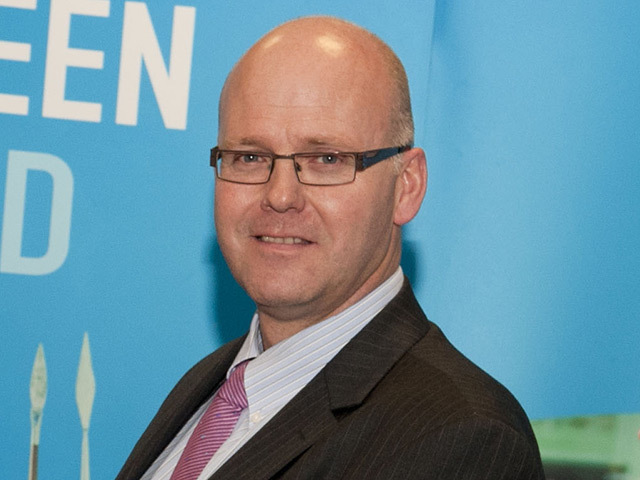
Focus turned to the international market today at Subsea Expo. Infield unveiled the detailed findings of their latest report into global subsea activity – underlining the tough times ahead but with a more promising outlook from 2017 onwards.
The conference session on global markets, along with UKTI’s programme of one-to-one meetings matching UK expertise with demand from regions including Africa, Australia, Brazil and Mexico.
The maturity and challenges of the North Sea make it even more crucial for UK subsea companies to increase their overseas business if they are to sustain their growth in the long-term.
Interest in the UK’s subsea expertise and technology has never been so high. Subsea Expo attracted sizeable delegations in the form of inward missions from the major subsea hubs around the world as well as individual international visitors.
With complex bureaucracy, cultural barriers and an often protracted process, the Brazilian market has proved too cumbersome and slow for many subsea companies in the past.
However, as the culture in the North Sea is changing, so too is the culture in this still promising South American market.
Brazilian enthusiasm for UK subsea expertise has not waned and the influential delegation at Subsea Expo is looking to build relationships with UK companies.
I truly believe 2015 will see opportunities really opening up in this region, hopefully at a quicker pace.
Meanwhile the Mexicans are seriously eyeing up British subsea experience and see us as the global centre of subsea excellence. The first round of licensing has begun and while it will take time for these opportunities to filter through to the subsea supply chain, companies are advised to get into the market now and position themselves to win a share of a significant prize, particularly in the country’s deepwater projects.
Elsewhere in the Gulf of Mexico, the subsea market is still strong, potentially due to the fact that, unlike in the UKCS basin, access to shared infrastructure is much easier and subsea projects are moving forward.
Today’s technology session brought together all the key players in the R&D arena. The technology landscape, which has been somewhat fragmented, is now much more joined up.
For the first time OGIC, Innovate UK, NSRI and ITF shared a platform to illustrate this alignment and guide companies more effectively through the process for getting new technology to market.
With less barriers and an oil community that is more receptive to innovation, developers who have technology that is close to market will be able to get it over the line more rapidly.
In recent years, the risk-aversion prevalent in the North Sea has made it difficult for developers to trial their new technology in an offshore environment.
If we are to increase production and reduce costs, the previous complacency among operators to be happy with second place in the race to adopt new technology must be over-taken by the desire to secure first place.
If yesterday’s focus was on collaboration, today was more about co-operation. The industry has shown that it wants to collaborate, now everyone has to co-operate so we can turn the talk into action, securing the future of the North Sea and sustaining the growth of our subsea sector at home and abroad.
Recommended for you
